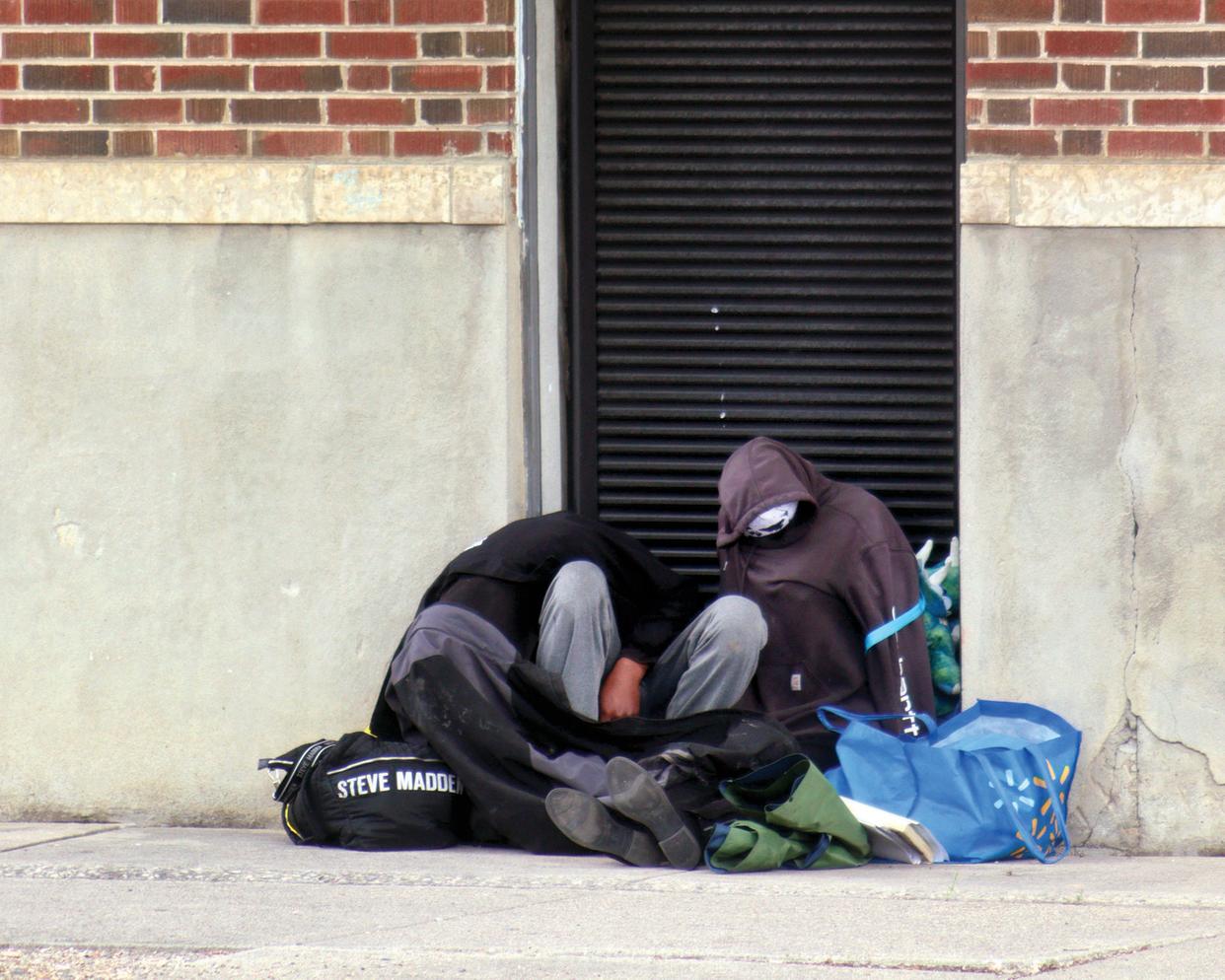Crime situation a continuing problem downtown

Editor’s Note: This is the second article in a three-part series.
As more officers are hired by the Lethbridge Police Service, some residents still feel as though not enough is being done to solve the problems downtown.
According to Statistics Canada, the Crime Severity Index in Lethbridge has dropped in recent years, with the most up-to-date data being from 2022. However, the violent crime severity index has sharply risen between 2018 and 2022 from 116.94 to 130.41.
Barry Ewing, a resident living in a downtown condo, says the situation has become so severe he believes it has reached a point where residents must fight back, though without breaking the law themselves.
“I’m not a vigilante, because I’ve been falsely accused of that… because I was saying we have to take our city back. Well, I believe we have to take our city back, but we have to do it legally,” said Ewing.
However, he says he once felt obligated to protect a nearby business, so he approached two men who held weapons and were damaging the business. He says he had the goal of stopping them from creating further damage to the building.
“I had fear that day that something was going to happen,” said Ewing, although he maintains somebody had to do something.
Kristen Saturley, a spokesperson for the LPS, issued a statement to the Lethbridge Herald saying vigilantism is not advisable and there are better options for those feeling unsafe.
“Police advise against any sort of vigilantism. If someone fears for their safety, there is an emergency or crime in progress, call 911 immediately.”
Ewing is not alone in sharing concerns about the lack of safety in Downtown Lethbridge.
Tom Leavitt, who works for a business downtown, says there have been instances where human urine and feces are found all around his building, among other crimes.
“That’s pretty regular, so we’ve taken steps to have our area steam-pressure washed from time to time to keep it sanitary for our people,” said Leavitt.
“In the wintertime, people have lit things on fire in our parkade that gives us cause for concern. We have burn marks on the side of our building in some places and this comes after the winter where we had some buildings in downtown get completely destroyed by fires.”
Leavitt says criminal behaviour seems to come and go, but it never ceases to exist.
“I’d say it goes in waves,” said Leavitt. “For a time, we’ll see that it seems better around our location and then there’ll be a period of time where it’s worse.”
He says the number of needles has decreased in recent years, but there are so many continuing problems that this is a small consolation.
“We’ve had break-ins, we’ve had actual vehicles stolen, vandalism, the public urination and defecation, those are all items that we’re trying to deter so that we can keep our staff safe,” said Leavitt.
Ewing says some have resorted to calling the situation “the new normal,” but he is not willing to accept such a deplorable state of affairs.
“(Various people within the City) say ‘well look at what’s happening in the other cities, we’re doing better than them’. Well, I’m sorry, I don’t want that, I want to be able to go down to Galt Gardens and enjoy an event there again because Rib Fest and some of the other events I used to walk down there to enjoy are no longer there.”
He says other cities may be worse overall, but Lethbridge could one day become an example of excellence if moved down the correct path.
“This is our city, we have a choice,” said Ewing. “We can have something different.”
However, he says the biggest roadblock in changing the city is the fact people are willing to allow the streets to be taken over while turning a blind eye.
“We’ve allowed the addicts, the criminals to take over Galt Gardens and they’ve given us a little piece called Festival Square to celebrate our events.”
Lethbridge city councillor John Middleton-Hope says sometimes the laws and policies are beyond the reach of city council.
“These are decisions that are made outside of the span of our control sometimes, which affect us deleteriously,” said Middleton-Hope. “An example of that is the supervised consumption site.”
He says the effects of the supervised consumption site are not going away any time soon.
“(The supervised consumption site) had a significant impact on the city of Lethbridge and we are still continuing to deal with that today and we probably will for some time.”
Justin Sibbet, Local Journalism Initiative Reporter, Lethbridge Herald


